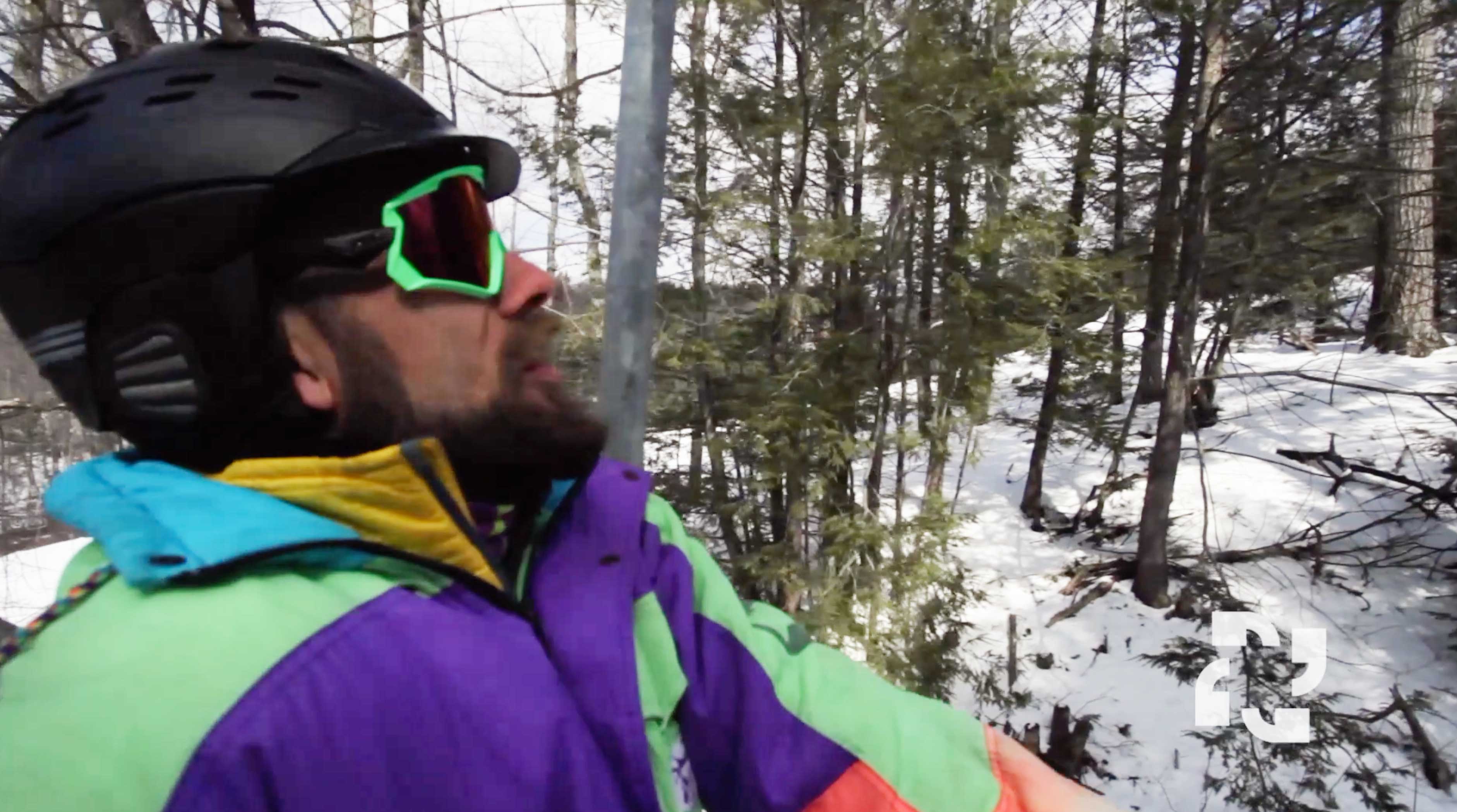Brian Smuda loves to ski.
“If I could ski every day of the year, I would,” he said.
While today he enjoys a picture-perfect, end-of-season run, it wasn’t long ago that Brian wouldn’t even leave his house.
Brian was diagnosed with dystonia as as result of medications used to treat the Tourette’s that had plagued him since he was a child. Dozens of medications, years of treatment only made the condition worse.
“I’ve been in the trenches. I’ve been in a hospital where you go, where you’ve got nowhere else to go,” he said.
Until he happened to find Dr. Toni de Marcaida, medical director at the Chase Family Movement Disorders Center.
“By the time I saw him, this vivacious, dynamic, fun-loving guy wasn’t leaving home anymore,” Dr. de Marcaida said.
It was Dr. de Marcaida who fought for special approval from the FDA for a remarkable procedure: deep-brain stimulation, more commonly used for Parkinson’s or essential tremor. Dr. Patrick Senatus would implant tiny electrodes in Brian’s brain. The goal? To rewire the brain and ease these involuntary movements.
Five months later, in a follow-up appointment, Dr. de Marcaida was moved to tears. And Brian was equally appreciative.
“(Dr. de Marcaida) has been a godsend. I love getting up and going out every day,” Brian said. “You can live again.”
Learn more about deep brain stimulation at the Chase Family Movement Disorders Center here.

